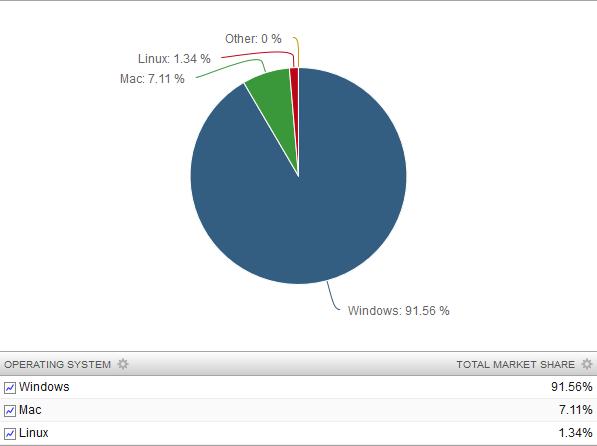LigTasm
Supreme [H]ardness
- Joined
- Jul 29, 2011
- Messages
- 6,648
Fair ... and I do understand your point. Yes having 1001 options show up if you search "linux" doesn't help grandma install it Or the average windows person who starts with a "Linux" google search. Its just my (and most Linux die hards) opinion that choice is good, and I would never install on my home machine the same ditros I install for people on workstations ect. Its like having 1000s of customised installs, which is nice if you use Linux for more then just your basic home desktop setup.
What its bad for is getting and maintaining new users. The "common" linux distros for newbies have becomes just as infested with crap and bloatware as a new HP or Acer and they're still not particularly easy to do certain things on (even 10 years later I STILL have to install on a second Nvidia GPU computer to have display on my old laptop with dual graphics chips built in).
![[H]ard|Forum](/styles/hardforum/xenforo/logo_dark.png)

